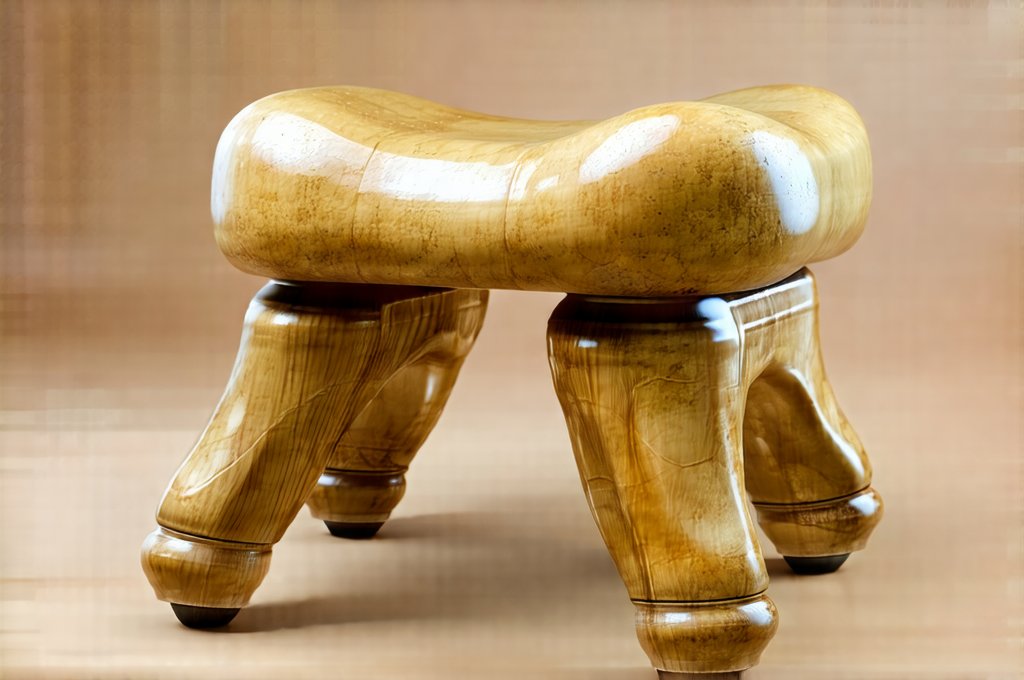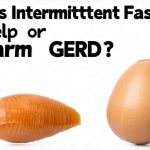The experience of altered bowel movements is surprisingly common when individuals significantly change their dietary patterns, particularly with fasting or substantial caloric reduction. Many report encountering hard stools or even constipation following periods where food intake is restricted. This isn’t necessarily a sign of something going terribly wrong, but rather a predictable physiological response to changes in digestive workload, hydration levels, and the composition of gut flora. Understanding why this happens can alleviate anxiety and empower individuals to mitigate these effects through informed strategies. It’s crucial to differentiate between temporary discomfort related to dietary shifts and chronic constipation requiring medical attention; we’ll explore that nuance as we move forward.
This article aims to provide a comprehensive overview of the mechanisms behind hard stool formation after fasting or caloric drops, focusing on the interplay between various bodily systems. We will dissect how reduced food volume impacts intestinal motility, fiber intake influences stool consistency, hydration plays a critical role, and hormonal changes can further contribute to digestive slowdown. We’ll also offer practical approaches – not as medical recommendations, but as informed lifestyle adjustments – that may help ease the transition and support healthy bowel function during and after periods of restricted eating. Recognizing your body’s signals and adjusting accordingly is key. You might find tracking gut health before and after fasting helpful in understanding your body’s response to dietary changes.
The Physiology of Constipation Following Dietary Restriction
Constipation, even mild, following a fast or significant caloric deficit stems from several interconnected physiological changes. When we consistently provide our digestive system with substantial food volume, the intestines are continually engaged in peristalsis – the wave-like muscle contractions that move waste along. A sudden reduction in this workload can lead to slower intestinal transit time, meaning it takes longer for stool to move through the digestive tract. This extended contact allows more water to be reabsorbed from the stool, resulting in harder, drier formations and ultimately making elimination more difficult. It’s a bit like a conveyor belt slowing down – things just don’t move as efficiently.
Furthermore, dietary restriction often means reduced fiber intake. Fiber is essential for bulking up stool and providing the necessary bulk to stimulate peristalsis. Without adequate fiber, there’s simply less material to push through the digestive system, compounding the problem of slow transit time. This creates a vicious cycle: slower movement leads to more water absorption, harder stools require greater effort to pass, and that effort can sometimes be avoided leading to further slowing down of the entire process. The type of fiber matters too; insoluble fiber adds bulk while soluble fiber helps soften stool, both being vital for optimal gut health. If you’re recovering from a procedure, soft foods after endoscopy or surgery can be a good starting point as you reintroduce food.
Finally, caloric restriction can influence hormonal balance, potentially impacting digestive function. Ghrelin, the “hunger hormone,” and leptin, the “satiety hormone,” are affected by food intake. While their primary roles relate to appetite regulation, they also have indirect effects on intestinal motility. Reduced food intake impacts these hormones which in turn may slow down digestion. Additionally, cortisol levels can rise during periods of stress – including the stress imposed by significant dietary changes – further contributing to digestive sluggishness.
The Role of Hydration and Electrolytes
Hydration is paramount when experiencing constipation, especially after fasting or caloric drops. As mentioned earlier, a key component of hard stool formation is excessive water reabsorption in the colon. Insufficient fluid intake exacerbates this process, leading to even drier and more difficult-to-pass stools. It’s not just about drinking enough water though; electrolyte balance plays a crucial role too.
- Sodium, potassium, and magnesium are essential for proper muscle function, including the muscles of the intestinal tract.
- A significant shift in diet can disrupt electrolyte levels, contributing to impaired peristalsis.
- Dehydration often accompanies dietary changes due to reduced water content in food and increased fluid loss through other mechanisms.
To counteract this, prioritize consistent hydration throughout the day – not just when you feel thirsty. Consider incorporating electrolytes into your routine, either through electrolyte-rich foods (like bananas for potassium) or carefully chosen electrolyte supplements. Be mindful of excessive sodium intake though, as it can have its own set of health implications. Aim to sip water regularly rather than chugging large amounts at once; this allows for better absorption and utilization by the body. Understanding GERD and pain after drinking cold water or ice can also help you make informed hydration choices.
Impact of Gut Microbiota on Bowel Movements
The gut microbiota – the trillions of bacteria residing in our digestive system – are deeply intertwined with bowel function. Fasting or drastically reducing caloric intake can alter the composition of these microbial communities, potentially leading to imbalances known as dysbiosis. These changes can influence stool consistency and intestinal motility. Some bacterial species produce short-chain fatty acids (SCFAs) which promote gut health and regulate bowel movements. A reduction in SCFA-producing bacteria could contribute to constipation.
Furthermore, the types of foods we eat significantly impact the gut microbiota. A diet lacking fiber provides less nourishment for beneficial bacteria, allowing potentially harmful bacteria to proliferate. This imbalance can disrupt the delicate ecosystem within the gut, leading to inflammation and impaired digestive function. Restoring a healthy gut microbiome is crucial for long-term digestive health, and strategies like incorporating prebiotic and probiotic foods after periods of restriction can be incredibly helpful. For post-travel or illness recovery, gentle gut healing meals can also support microbiome restoration. If you’re experiencing digestive issues, it may be time for follow-up testing tips after a diagnosis is made.
Strategies for Mitigating Hard Stools & Promoting Regularity
Navigating dietary changes requires a proactive approach to digestive health. Here are some practical steps that may help ease the transition and minimize the risk of hard stools:
- Gradual Reintroduction of Food: Avoid immediately resuming your previous eating habits after fasting or caloric restriction. Slowly reintroduce foods, starting with easily digestible options like cooked vegetables, soups, and lean proteins. This allows your digestive system to gradually adjust to increased workload.
- Prioritize Fiber Intake: As soon as you can tolerate it, incorporate fiber-rich foods into your diet. Fruits, vegetables, whole grains, and legumes are all excellent sources of fiber. However, increase fiber intake gradually to avoid bloating and discomfort.
- Stay Hydrated: Drink plenty of water throughout the day, and consider adding electrolytes to replenish those lost through digestion.
- Gentle Movement: Physical activity stimulates intestinal motility. Even a short walk can help encourage bowel movements. Avoid intense exercise immediately after refeeding; opt for gentle activities instead.
- Mindful Eating: Pay attention to your body’s signals and avoid overeating, even when reintroducing foods. Chewing thoroughly also aids digestion and reduces the burden on your digestive system. You should also be aware of Does Intermittent Fasting Help or Harm GERD? to inform dietary choices.
It’s important to remember that these are general guidelines and individual responses may vary. If constipation persists or is accompanied by other concerning symptoms (such as severe abdominal pain, bloating, nausea, or vomiting), it’s vital to consult a healthcare professional for personalized advice and evaluation. This article provides information only and should not be considered medical advice. Also consider if GERD and coughing after meals is contributing to your digestive discomfort.


















